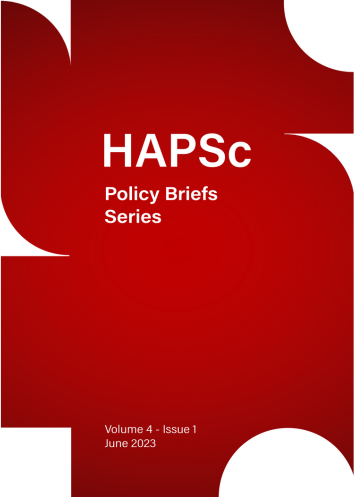Navigating the Complexities of the European Union - Russia Energy Relations
Аннотация
The European Union and Russia are both important players on the global stage when it comes to energy. Russia is the second largest supplier of natural gas right after the USA, while the European Union is one of the world's largest consumers of energy. As expected, throughout the years cooperation has blossomed between them in the aforementioned area. Due to the fact that both parties have been working closely together, tensions have arisen regularly. The European Union's effort to lessen its dependency on Russian energy has been one of the main issues of dispute between the two partners. Concerns over Russia's use of its energy resources as a political weapon, particularly in light of the invasion of Ukraine and its repercussions, have been the primary motivators for this development. The European Union should aim to increase the use of renewable energy sources, implement new procedures and upgrade existing infrastructure in order to diversify its energy supply.
Article Details
- Как цитировать
-
Asllani, K. (2023). Navigating the Complexities of the European Union - Russia Energy Relations. HAPSc Policy Briefs Series, 4(1), 105–110. https://doi.org/10.12681/hapscpbs.35189
- Раздел
- Articles

Это произведение доступно по лицензии Creative Commons «Attribution» («Атрибуция») 4.0 Всемирная.
Authors retain copyright and grant the journal right of first publication with the work simultaneously licensed under a Creative Commons Attribution License that allows others to share the work with an acknowledgement of the work's authorship and initial publication in this journal.


